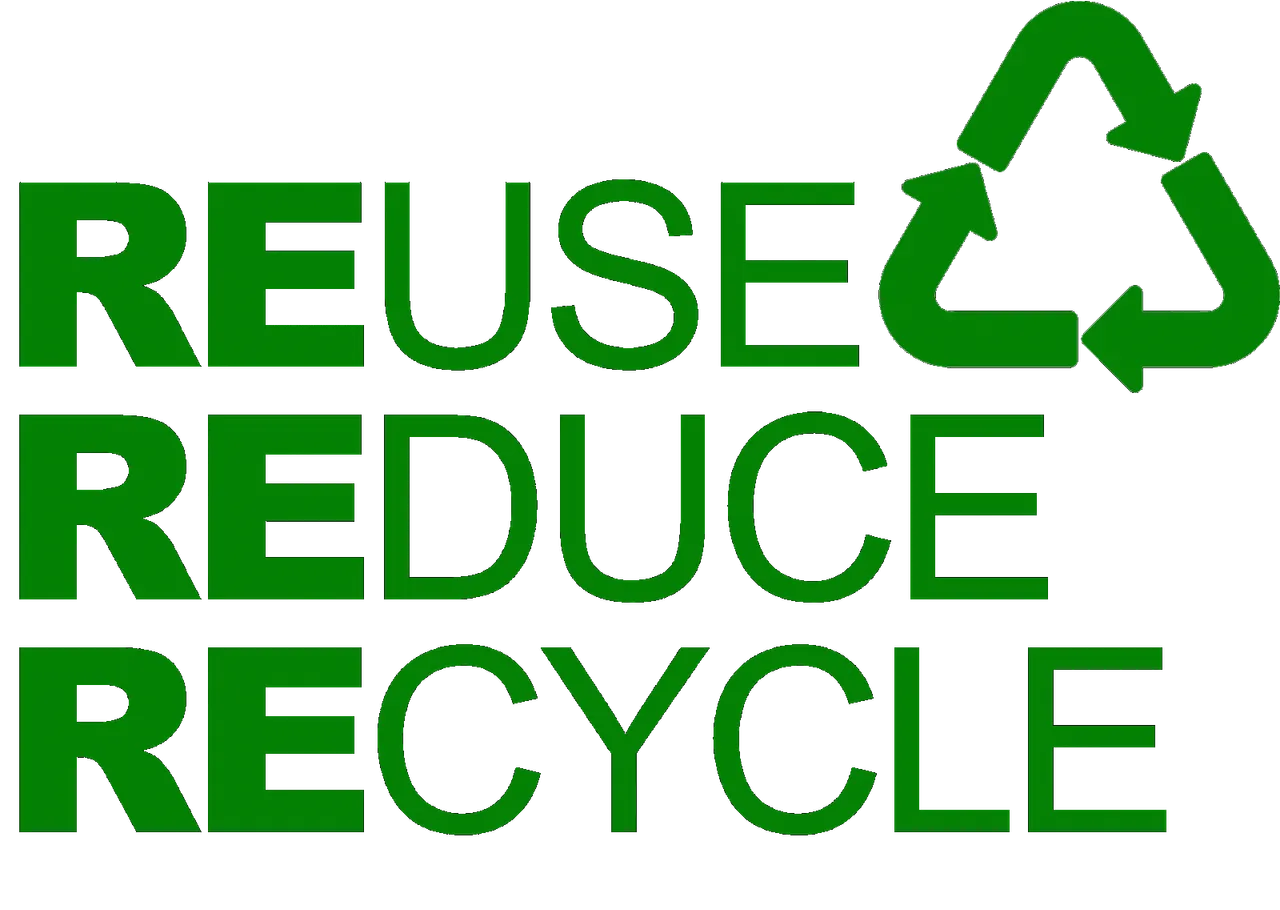The Importance of Recycling Waste

source image
What's Recycling? Why recycle? recycling is an effective process that aims to transform waste into new and useful products. In addition to reducing waste accumulation at landfills, recycling efforts are a good and effective way of saving energy and controlling soil, air and water pollution. However, effective recycling programs start from areas where wastes have been created, such as households and contact recycling centers to collect garbage
Since then, people and communities today have produced toxic waste and all kinds of waste into the environment without realizing the damage to the ecosystem and causing global warming.
Industrial waste is clearly not the only source of toxic substances and mass pollution. Disposal of materials and waste such as home appliances including electronic goods, food wrappers, detergents, paper, bottles, plastics, poly bag bags and so on, proved to be the first pollution problem. Therefore, it is important for communities around the world to invest in the right processes and mechanisms that can reduce the hazard of environmental threats.
Waste from Home
Waste products are usually produced from most households including paper waste (such as books, magazines, newspapers, envelopes and cardboard boxes), plastic waste (eg plastic bags, rubber bags, plastic wraps and water bottles) beer and wine), bottled water and bottles and aluminum waste (eg tomato cans, fruit cans and soda cans). All waste items can be collected and delivered to any recycling center, where they are arranged, combined, crushed and recycled, then re-created and become a new product.
Protecting the Environment
- Waste materials are often burned causing air pollution. Furthermore, waste materials at landfills are accumulated with many waste materials such as electronics that produce harmful chemicals that infiltrate into the soil and affect soil quality in the surrounding areas. These toxins eventually find their way into the air or water causing harmful effects to plants, animals and humans. Recycling programs help conserve natural resources because natural resources do not need to be exploited and used in producing new products.
Energy Saving
- More energy is needed to remove new items that use raw materials. This is because raw materials need to go through various processes before they can be used for product production. Waste recycling efforts are beneficial to energy-saving and cheaper products.
Creating Employment Opportunities
- The recycling program creates job opportunities for thousands of people involved in collecting and sorting waste that will work in recycling centers. In fact, support services including accounting, administration, management, call center and other important job positions will be offered by the recycling centers.

